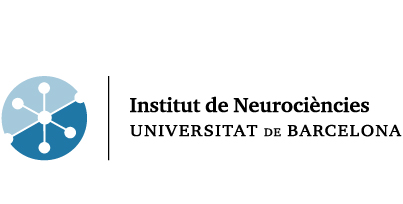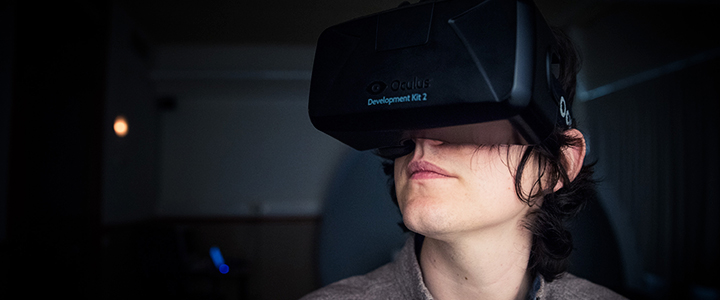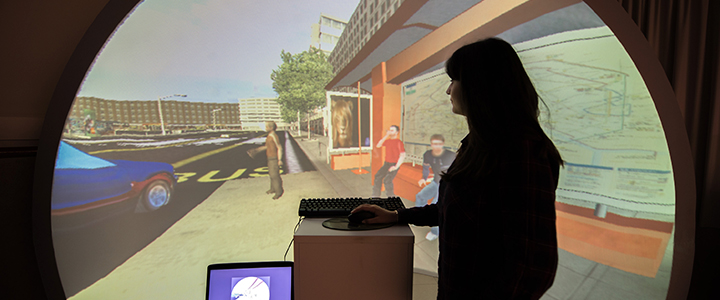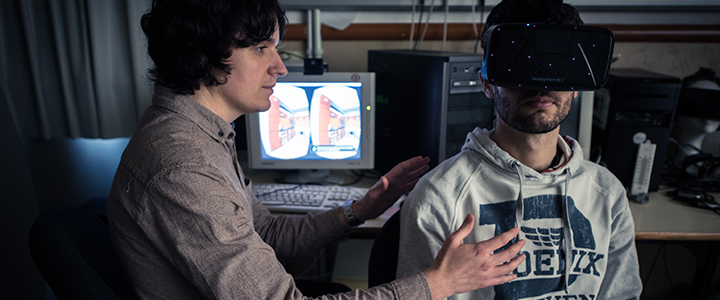Research groups
GROUP OF ADVANCED STUDIES ON VIOLENCE (GEAV)
INTERVENTION IN CLINICAL AND HEALTH PSYCHOLOGY
STUDY GROUP ON INVARIANCE OF ANALYSIS AND MEASUREMENT INSTRUMENTS OF CHANGE IN THE SOCIAL AND HEALTH AREAS (GEIMAC)
STRUCTURAL EQUATION MODELING AND ITEM RESPONSE THEORY (SEM&IRT)
INVICTUS RESEARCH
RESEARCH GROUP IN GERONTOLOGY
THE CLINICAL SCHIZOPHRENIA GROUP (GEC)
CHILD AND ADOLESCENT PSYCHIATRY AND PSYCHOLOGY RESEARCH GROUP
CHILD AND ADOLESCENT VICTIMIZATION RESEARCH GROUP (GREVIA)
BIPOLAR DISORDER
Representative of the research area
Dr. Juana Gómez Benito
Department of Social and Quantitative Psychology
juanagomez (at) ub.edu
Psychotic and affective disorders are among the most disabling mental disorders in the world.
Depression, schizophrenia and bipolar disorder have a substantial economic impact in mental health and social services. They are a major contributor to increasing direct healthcare system costs (e.g., hospital inpatient stays, prescription drugs), direct social system costs (e.g., pensions, guardianship) and indirect costs (e.g., loss of productivity from unemployment, reduced work productivity among family caregiver). Recently, there has been a paradigm shift in the way we understand mental disorders, moving from pursuing a clinical remission (i.e., symptom-free periods) to a full recovery (i.e., good performance in everyday life). Under a multidisciplinary approach, the Institute actively embraces the challenge of advancing mental health knowledge around underlying neurobiological mechanisms, cognitive and daily life functioning, and new treatments and therapies in psychotic and affective disorders in childhood, adolescence, and adulthood.






